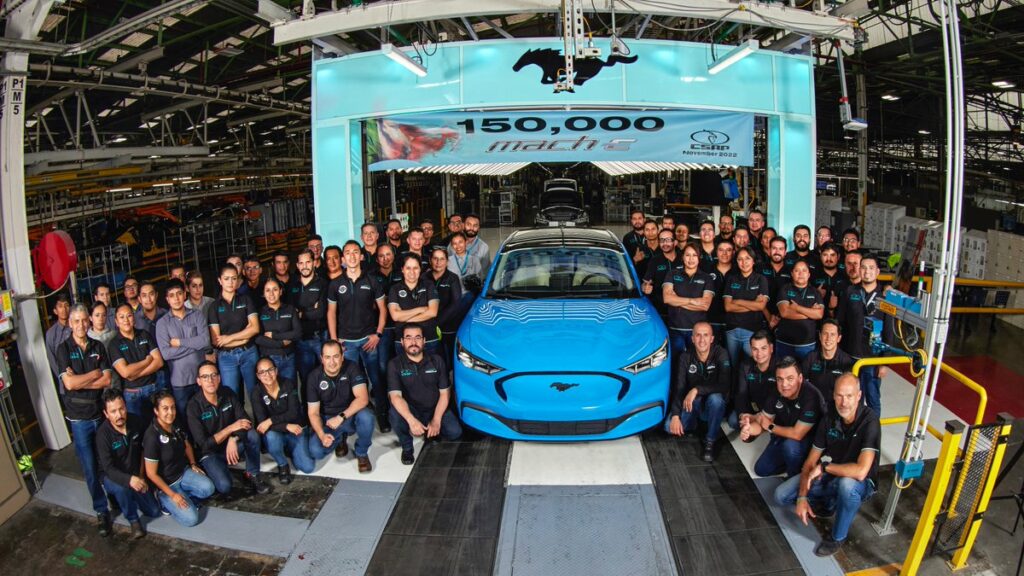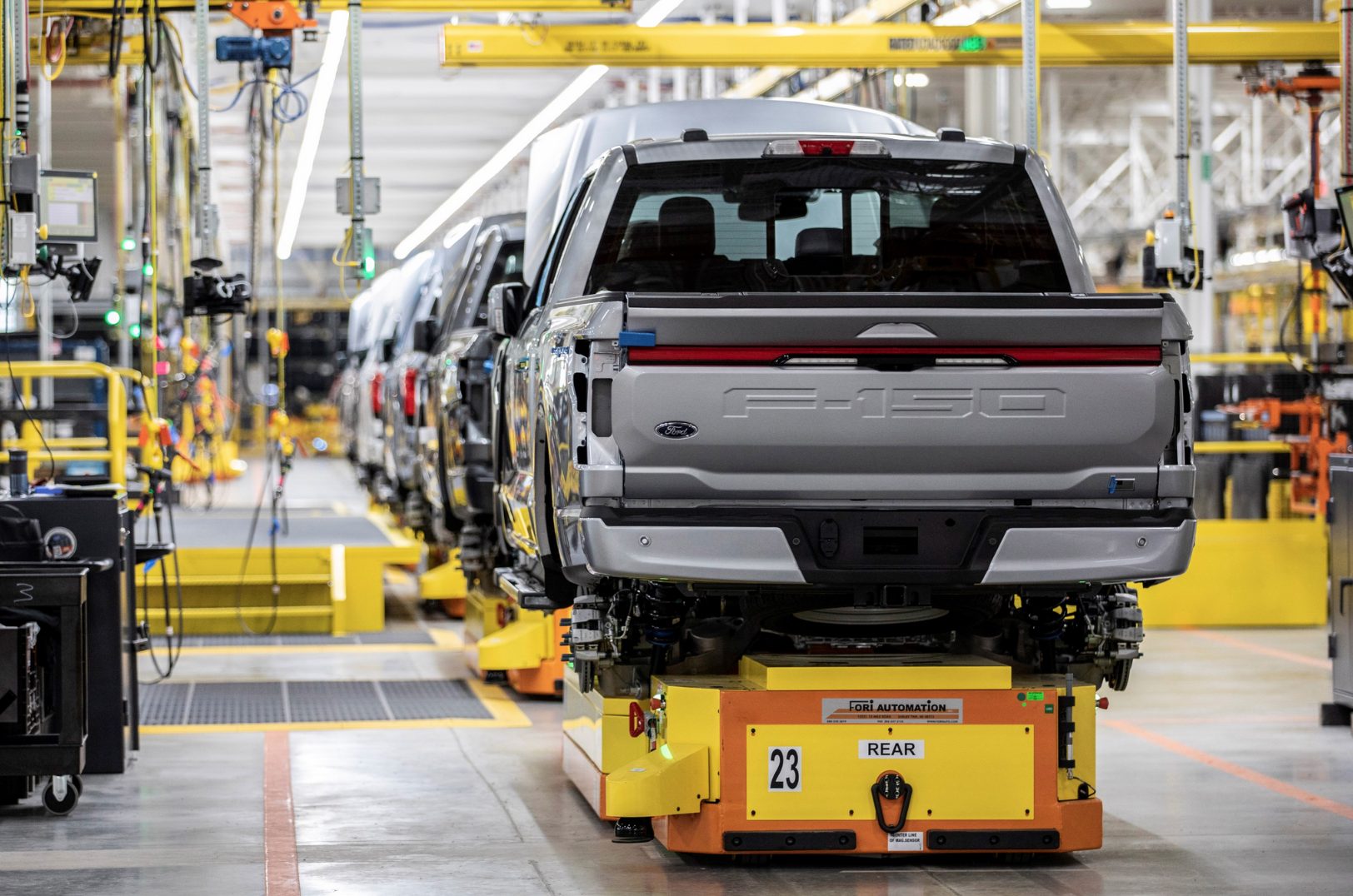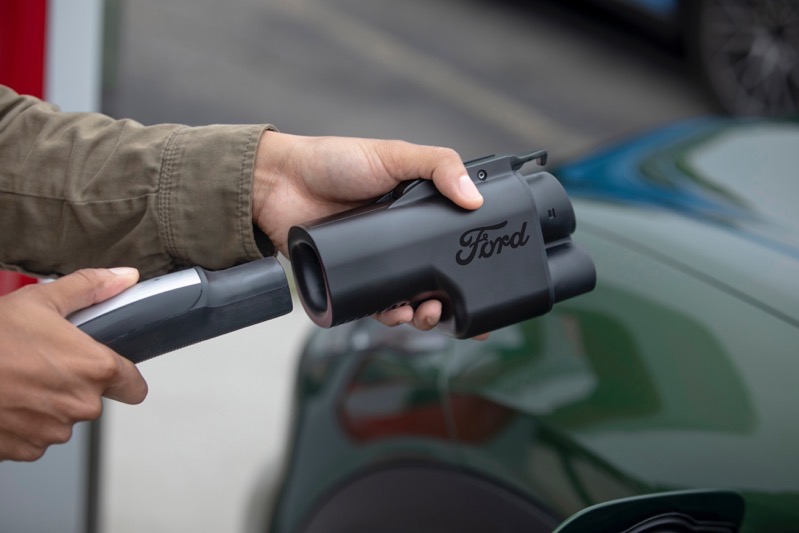Ford’s Mustang Mach-E Recall Being Probed by NHTSA
The National Highway Traffic Safety Administration (NHTSA) has launched an investigation into Ford Motor’s recall of its 2022 Ford Mustang Mach-E electric vehicles. The agency is determining whether the recall of nearly 49,000 vehicles, issued in June 2022, adequately addressed safety concerns, reports Reuters.
Ford initiated the recall after identifying an issue where the vehicle’s high voltage battery main contactors could overheat, especially during DC fast-charging or repeated intense acceleration events. Such overheating might lead to a sudden loss of propulsion power, posing a significant risk of accidents.
In response to the identified problem, Ford not only issued the recall for its 2021 and 2022 model year vehicles but also released a technical service bulletin detailing the replacement of the High Voltage Battery Junction Box for the affected cars.
Despite these measures, NHTSA has received 12 complaints from consumers, specifically regarding vehicles that had undergone the recall fixes. The agency has now widened its probe to encompass 64,000 Mach-E vehicles.
Ford’s remedy to the problem was a software update designed to monitor the contactor temperature. The update reduces battery power if it detects potential harm to the contactor and monitors contactor resistance to identify overheating. If an overheated contactor is identified, the software would then diminish vehicle power to prevent further damage.
However, troubling reports have emerged post-recall. One Mach-E owner shared an incident with NHTSA, revealing that only two days after the software update, the vehicle suffered a significant failure of its High Voltage Battery Junction Box. This issue occurred during a trip from the San Francisco Bay Area to Los Angeles, with the car signaling a “Service Vehicle Soon” warning and subsequently limiting its power to merely 30% until they reached a Ford dealership.
Another alarming incident was reported by a Mach-E driver in Florida. The driver recounted that shortly after charging at a DC fast charge station, the vehicle’s screen panel displayed a “safely stop now” message. Within moments, the car came to an abrupt halt in the midst of a highway on-ramp. Although the vehicle did restart after several hours, it could only travel three miles before stopping again.
Ford has publicly stated its commitment to the investigation, announcing on Monday, “We are working with NHTSA to support their investigation.”
The ongoing investigation underscores the challenges automakers face in ensuring the safety of their electric vehicles, as the industry continues its rapid shift away from traditional combustion engines.


